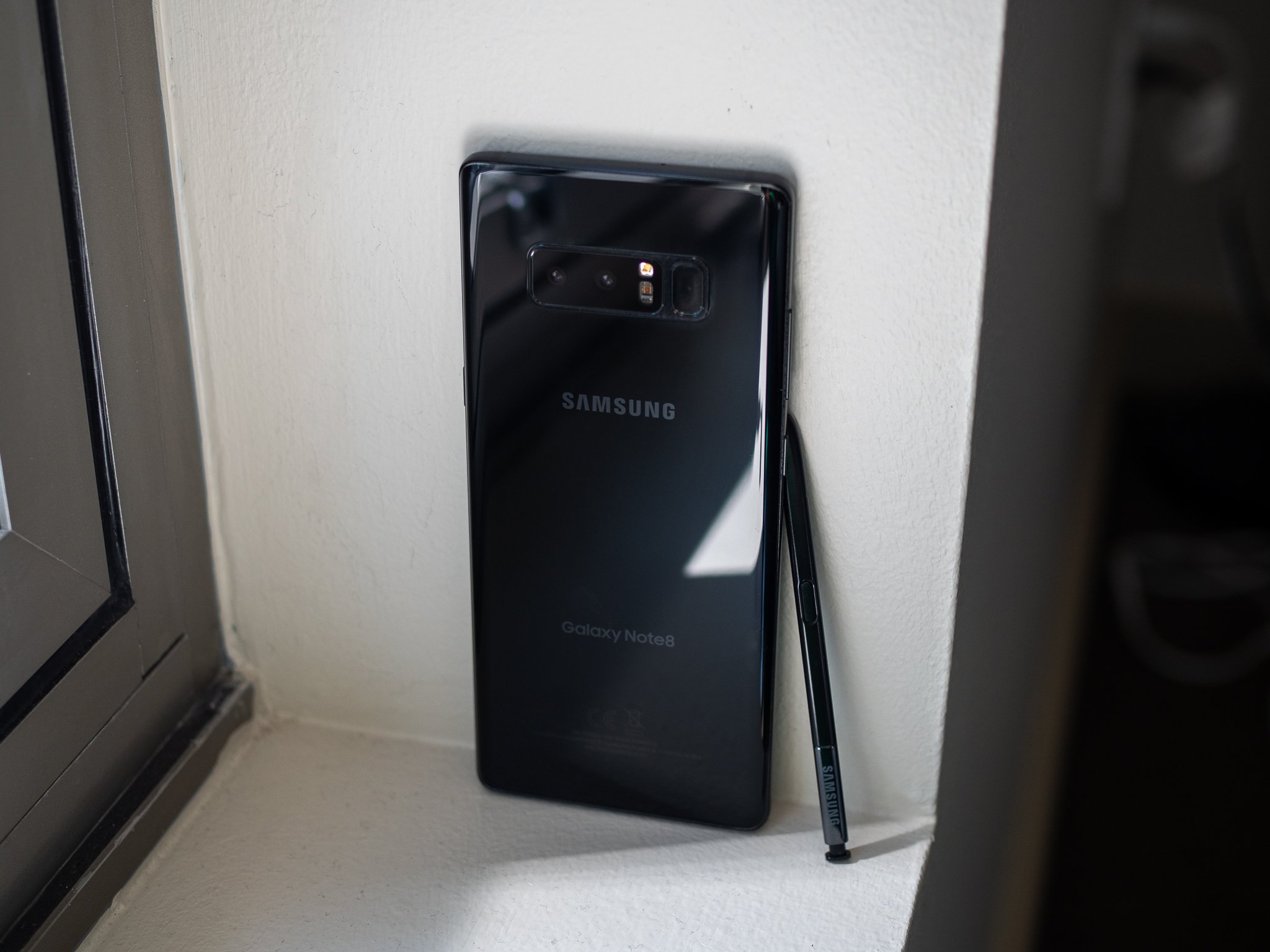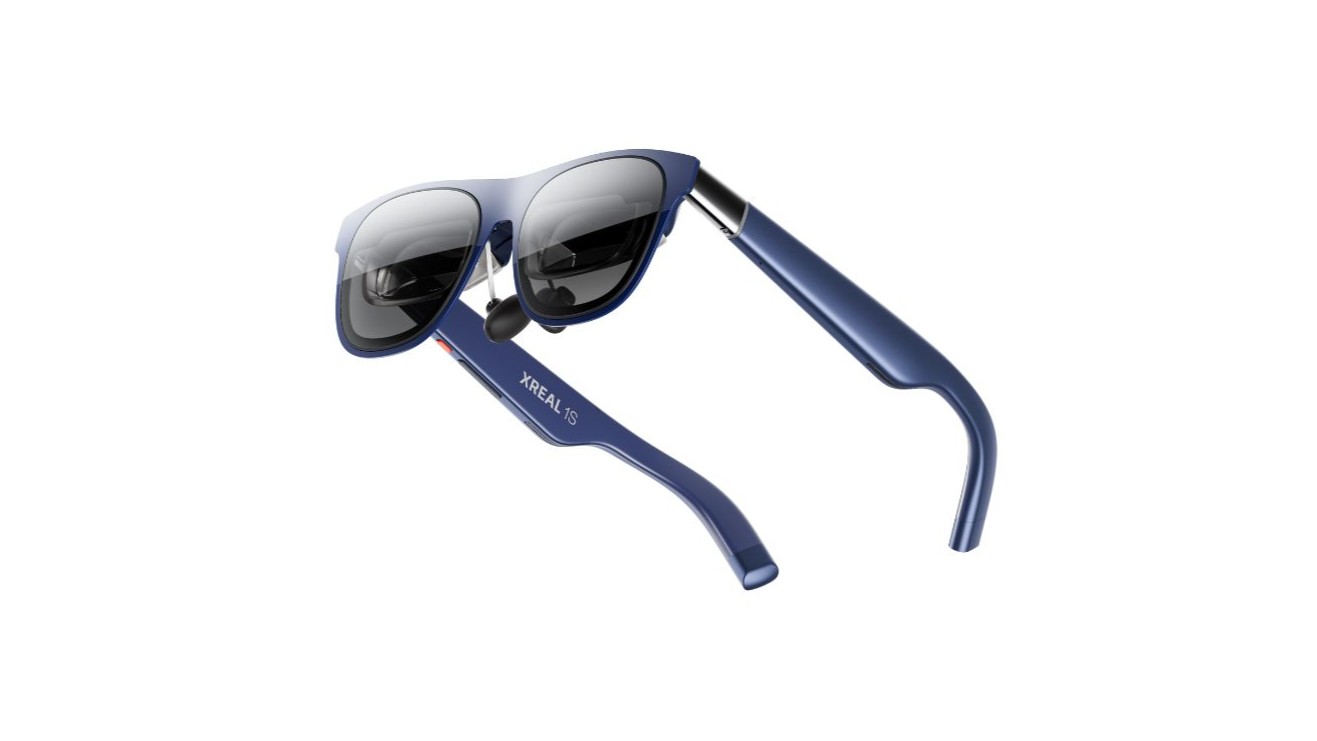Android Central Verdict
Original review score: 4Price: $749Bottom line: Samsung's Note line continues to be the company's dominant phone in terms of mind share, if not market share. Excellent hardware is filled with top-end specs and all sorts of hardware features that you desire, and the icing on the cake is the super-powerful S Pen stylus. There are a few quirks in the software and with the fingerprint sensor, but you can look past those to get an amazingly capable phone. The only question is whether you want to spend extra over the better Galaxy S9+ just to get the S Pen.
Pros
- +
Best screen available today
- +
Very good camera
- +
S Pen is a truly unique feature
- +
Great set hardware features
- +
Top-end specs
Cons
- -
Software can be overwhelming
- -
Battery life not good enough for the size
- -
Fingerprint sensor is tough to reach
- -
Doesn't offer the same value as the Galaxy S9+
Why you can trust Android Central
Perhaps it's all of the similarities between Note and Galaxy S releases nowadays, but it sure doesn't feel like it's been 11 months since I published our Galaxy Note 8 review. But now, as we approach the launch of the Galaxy Note 9, here I am using a nearly year-old Note 8.
Before we're all wrapped up in the hype of its successor, it's worth taking time to see how well the Note 8 has held up since the start of September 2017.
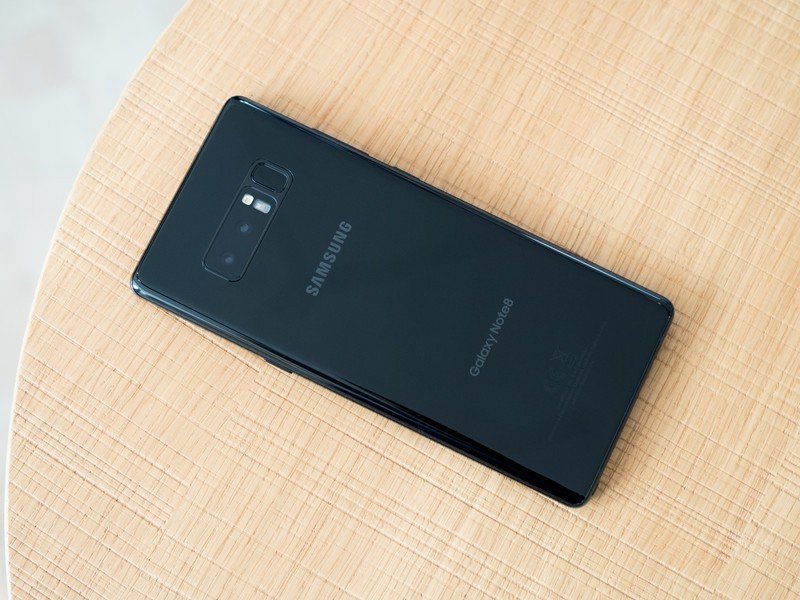
Mostly great
Galaxy Note 8 What's held up
Y'know, the Galaxy Note 8 has some damn nice hardware. Sure it's huge, and a bit tougher to use than the Galaxy S9+ — but the hardware is delightfully solid and of course beautiful. Just because it's near-identical to the Galaxy S8 from earlier on in 2017 doesn't mean it isn't any less impressive or nice to hold. I particularly like it in black, which I've been using, because the sides, back and bezels all sort of meld together into a monolithic vibe. It's a little slab-like, and the glass gets slippery, but despite the size I've managed to figure out over time the right hand and wrist contortions to make sure I can use it (mostly comfortably) with one hand when needed.
I don't care how 'old' this design is, the Note 8 has damn nice hardware.
Coming back to the Note 8 a couple weeks ago after a couple brief stints on other devices, it was refreshing to have a headphone jack and wireless charging again. Despite the fact that I use Bluetooth almost exclusively, it's still great to have that option of plugging in headphones when I need to — because I never have a USB-C headphone dongle with me. Every time I come back to my Samsung phones I fall right back into a routine of using wireless chargers, too, particularly on my bedside table at night. These are the little things you take for granted when you have a Samsung phone.
I have to revisit the robustness of the glass build of the phone. As I found in my seven-month report on the phone, the glass back has held up pretty well. Unlike my Galaxy S8 and S9 I don't use the Note 8 in a case all that often because it's so big to begin with — as such, I'd expect the glass to be more scratched ... and it isn't. There are the typical few deep scratches visible at any angle, but that's normal. The rest of the fine scuffs take a far closer examination to show up. After almost a year of moderate use, I'd say that's good.
No matter your thoughts on the design, the Note 8 has the strength of being dominated almost entirely by that massive Super AMOLED display, which is a benefit any time it comes on. It's downright gorgeous from all angles, and impressively bright in all situations. I leave it in the "adaptive display" mode because I frankly don't care about it being 100% accurate — I love how it looks with the colors turned up a bit. If you've only been using Samsung flagships for the past few years, you've been spoiled. Other companies aren't shipping displays this good.
Get the latest news from Android Central, your trusted companion in the world of Android
The glass back hasn't deteriorated as expected, and the same can be said of the software performance.
If you've read any of my previous follow-up reviews for Samsung phones, I typically have to address the situation with the software slowing down over time. But in this case, much like the glass back, the software has held up far better than I expected. I had odd software issues just a couple months in, but since then I haven't had a single problem — even after upgrading to Android 8.0 Oreo, which is particularly surprising. My Note 8 still flies in everything it does, despite the fact that I haven't done any maintenance on it since factory resetting some nine months earlier. I still have well over 100 apps installed and plenty of other media loaded, and it doesn't stutter or slow down with anything I throw at it.
The camera, too, has still been performing well. I can notice that it's not quite as good as the Galaxy S9+, but it's tough to judge the Note 8 too harshly on that account. I've taken countless wonderful photos with this camera, and in all but extremely dark scenes the quality is indistinguishable from Samsung's latest flagship camera. The Note 8 may be a year old, but it still takes head-turning photos with ease.
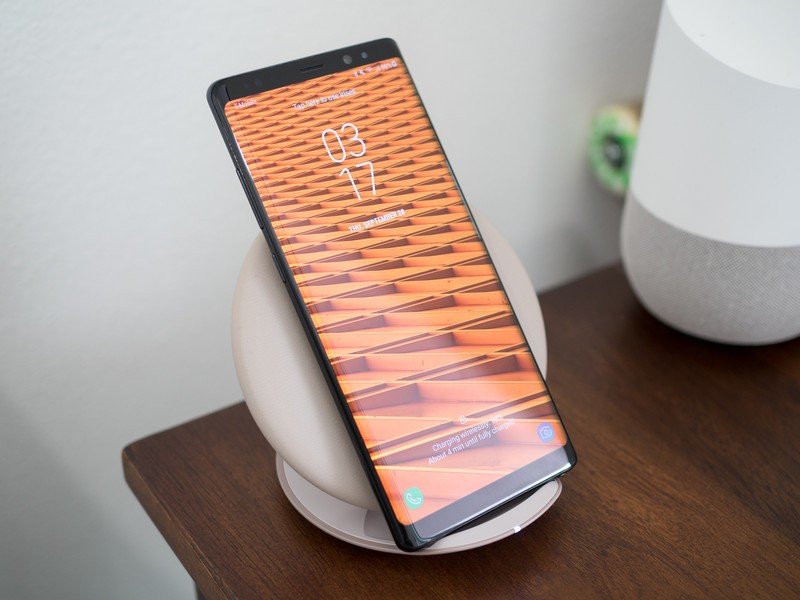
A few complaints
Galaxy Note 8 What hasn't aged well
The overwhelming majority of the Note 8 experience feels modern and high-end even 11 months after launch, but there are still a few areas that need improvement — and, indeed, we all expect them to be improved upon with the Galaxy Note 9.
There's no sugar-coating this: the Note 8's battery life isn't good.
There's no sugar-coating this: the Note 8's battery life isn't good. "Average" is the best way I can describe it, which is pretty bad considering the size of this phone and all of its capabilities. With a 3300mAh battery supporting very thirsty specs, software and display, it's not all that surprising. But my Note 8 never really "settled in" to good battery life, even after making sure that everything on the phone was tuned in just how I use all of my other devices and the Device Maintenance settings doing their best to limit background processes and my least-used apps. When you're hitting the Note 8 hard, such as when I'm navigating in Android Auto or using lots of mobile data for streaming video, the battery drops precipitously. But the weakest point of the battery life story is how it's incapable of idling and conserving battery when it's not being used. I can go through a full day at my desk, barely touching the phone, and it'll still lose 40-50% over the course of the day just sitting there on Wi-Fi.
It seems as though Samsung's going to solve this problem by just throwing a 4000mAh (or more?) battery in the Note 9. Yes, 20% more capacity will solve most of the problems here — but things would be even better if Samsung tightened the screws on the battery drains in the system as well.
I still use Samsung's phones despite its software, not because of it.
I'm not sure how many different ways I can say this, but I still don't love Samsung's software. It's fine. It works. I can do everything I want without much (if any) hassle. But that doesn't mean I actually enjoy using it the same as I do my Pixel 2 XL or OnePlus 6. There's just a lot going on in the interface, and even though I've turned a whole lot off there are still things that break up the experience and throw me off. Different design languages, punchy colors, unnecessary animations and of course the pile of Samsung apps I don't want to use but can't disable. As I said in my three-month-on review of the Galaxy S9+, "I still use the GS9+ despite its software, not because of it."
I've never been a huge S Pen user, and a year of the Note 8 didn't open any new doors to that experience.
I've never been a huge S Pen user, and a year of using the Note 8 hasn't changed that habit. I've signed some documents, I've used it to scribble quick notes using "screen off memo" and I've killed time doodling (though I'm a horrible artist). But that's about as deep as it goes. Truth is that in this digital age, writing or drawing on a phone feels like a highly inefficient use of my time and attention when I could be typing or dictating. Maybe Samsung has something truly innovative coming with the Note 9, as the S Pen experience hasn't changed notably since the Note 3.
The rest of the complaints amassed over 11 months are rather minor. Samsung's fingerprint sensor placement on the Note 8 is still indefensible, and really detracts from the phone's overall experience. Face recognition works pretty well, but not well enough for me to forgive how badly designed this fingerprint sensor is. Further on the fringes, the Note 8's speaker is pretty weak considering the size of the device. The new dual speaker setup on the Galaxy S9+ is a marked improvement over the Note 8's tinny single speaker, and in a phone this big you expect better sound.
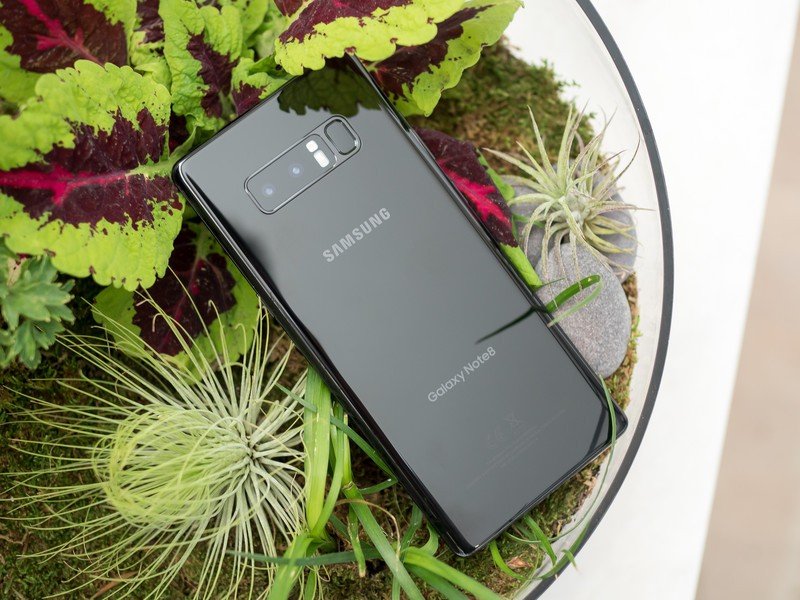
Big, powerful and ready for a refresh
Galaxy Note 8 11 months on
Even as we rapidly approach the Note 9's announcement, the Note 8 has really held up well.
Even as we rapidly approach the Galaxy Note 9's announcement, the Note 8 has really held up well. One of the benefits of Samsung's delicate release cycle over the past couple of generations is that the "old" phones don't really feel all that old even a year into their life. Add on the amazing consistency of its hardware, and with updates, software, and the year-old Note 8 doesn't feel like a relic in the least.
4 out of 5
Yes the Note 9 will come out with a larger battery, some spec bumps, new camera features and a few interesting S Pen advancements. But compared to the Note 8, it won't be a revelatory difference in experience. Aside from a few small quirks, which haven't gotten any worse over the last year of its existence, the Note 8 is still a fine phone for the Samsung power user who wants it all.

Andrew was an Executive Editor, U.S. at Android Central between 2012 and 2020.
